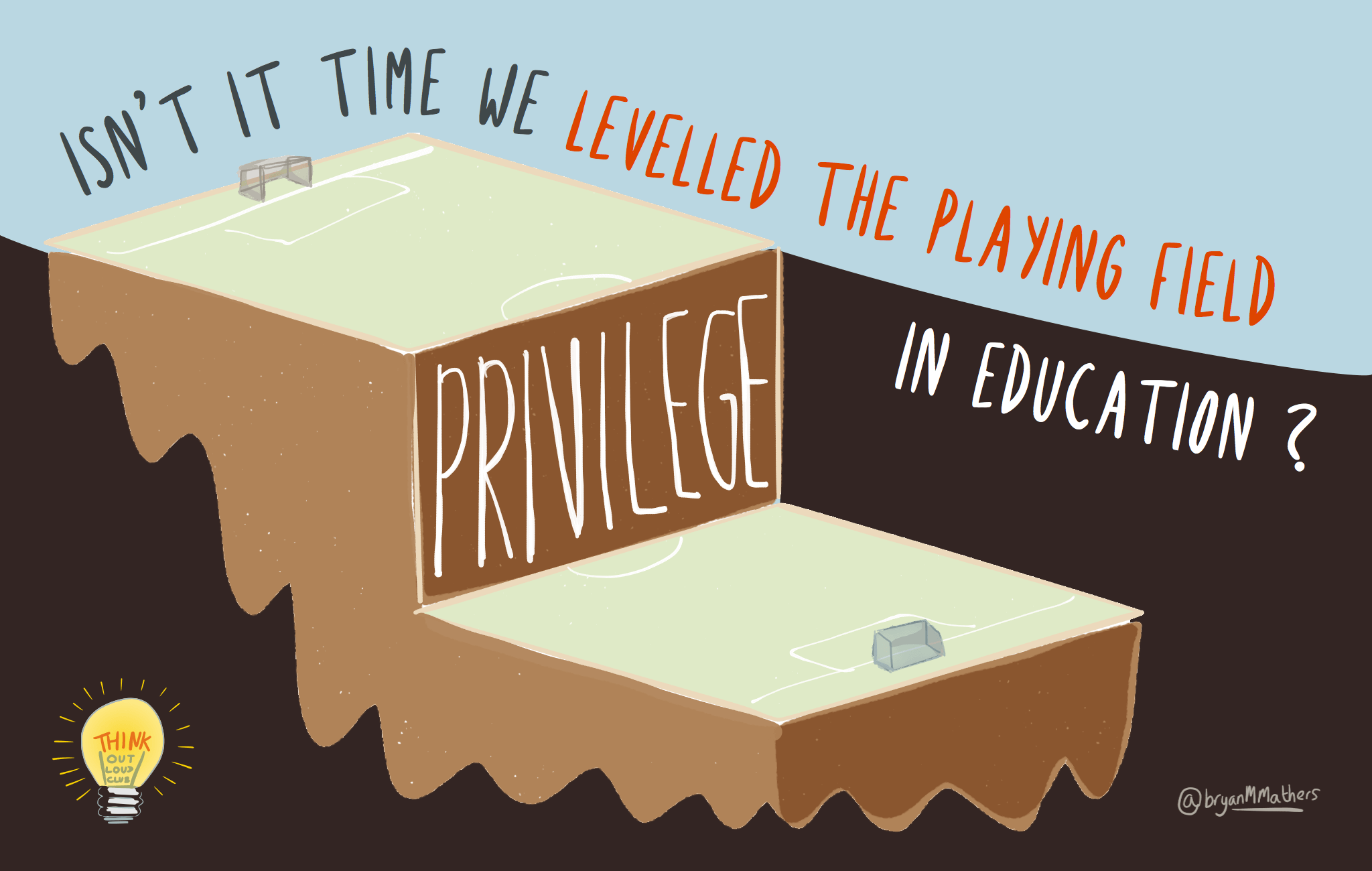TB872: A web of existence of which we are only partly aware
Note: this is a post reflecting on one of the modules of my MSc in Systems Thinking in Practice. You can see all of the related posts in this category.
I’m not entirely sure how I’m going to keep up with these studies over a birthday, Christmas, and holiday over New Year, but I shall try…

I’ve found it entirely refreshing to come across an older white male (Ray Ison) who, while obviously possessing a huge intellect and masses of experience, understands and acknowledges his own limitations. For example, in the prefaces to Systems Practice: How to Act he highlights four boundary conditions (p.vi-vii), a ‘major weakness’ (p.viii), and a criticism related to how much he discusses power (p.xiii).
Like most people, the non-fiction books I read usually focus on a very specific topic. They are situated within a tradition and the author doesn’t really reflect on their own biases. That’s not the case with Ison’s book:
How we think and act is patterned into the very fabric of our existence from birth. It is affected by and sustianed by our physiology, particularly our underlying emotions, by the structures of our language, by our practice of reifying explanations (particular ways of thinking) in rules, procedures, techniques and objects, by our culture and our social relations, all of them as they change over time. How technology functions in our society is an important consideration as well. The result is a hugely complex web, a web of existence, in which we are immerse and of which we are only partly aware.
Ison, R. (2017) Systems practice: how to act. London: Springer. p.5. Available at: https://doi.org/10.1007/978-1-4471-7351-9.
Chapter 1 focuses on three questions, or what Ison calls ‘inquiries’:
- What do we do when we do what we do?
- What are the consequences of living in language?
- Why have we failed to institutionalise systems thinking in our society in general and our organisational practices in particular?
Let’s take them each in turn, and I’ll attempt to relate them to my own context.
1. What do we do when we do what we do?
This second-order question causes the person answering it to reflect on what they’re doing. A simpler way of asking it, although perhaps lacking some nuance would be to keep asking the question why? Ison gives the example of marking student work, which leads to a reflection on the quantification of assessment, and then onto what is in the best interests of student learning.
I’m no longer a teacher, and haven’t been for a while. But there are so many examples I could use in my life, from parenting (why do I end up being a disciplinarian when I don’t really think that’s in the best interests of my kids?) to my working practices (why do we reify ‘agile approaches’ into ‘Agile’ as if there are best practices to follow in every situation?)
Ison explains that “social technologies are distinct from artefacts such as a hammer or a computer” as they are “characterised by a set of relationships in which the technology plays a mediating role” (Ison, ibid. p.8-9). He gives the example of a document template or application form, reasonably prosaic technologies which nevertheless standardise behaviour.
I’ve seen this in my own practice. For example, if we’re doing some user research, I’d much rather come up with the questions for a survey and then send it to the client for feedback rather than vice-versa. There’s a default position to be established, and such social technologies have baked-in norms, expectations, and worldviews. These can be difficult to ‘see’ unless they’re pointed out; my wife becoming a user researcher really opened my eyes to this!
2. What are the consequences of living in language?
My family and I watch a lot of football matches on TV. When we do this, we experience the match with the addition of commentary, and watch varying amounts of the build-up along with the half-time and post-game analysis from pundits. I’ve often pointed out to others in the room how laughably ‘leading’ the questions are that are asked of players and managers. For example: “how excited are you to have the opportunity to play in front of a sell-out crowd at Old Trafford?” or “how important is it to have a fit-again Mohamed Salah in the starting eleven for this game?”
Ison cites Neil Postman as saying that a sentence acts like a machine that enables or constrains our thinking in particular ways. In the examples I’ve given above, the aim is to make the interview easy, for it to flow, and to enable the creation of soundbites that can then be played back later. But we can equally imagine a leading question being asked of a politician as a kind of trap: if they accept the way that it’s framed, then however they answer could be problematic. For example, imagine a TV journalist asking a member of the current Tory government: “do you agree that Brexit has become a problem for this country’s economy?” Unless they reframe the question, the chances are that they would end up producing a potentially-embarrassing soundbite.
A consequence of living in language is that the social and political dynamics of explanations becomes very important – as a species we appear to live with a craving for explanations. An explanation does not exist in and of itself – it is part of a social dynamic between an explainer, an explanation (the form of an explanation) and a listener or reader… [A]ccepting a new of different explanation changes who we are; the accepting and rejecting of explanations is a key dynamic of being human.
Ison, ibid. p.9
3. Why have we failed to institutionalise systems thinking in our society in general and our organisational practices in particular?
In the introduction to the previous question, Ison mentions in a footnote that our contemporary focus is “on efficiency rather than effectiveness” which, I believe, is a short and pithy answer to this question about the lack of insitutionalisation of systems thinking.
Ison doesn’t go into great detail in this part of the chapter other than discussing the difference between an orchestra (with sheet music, a conductor, etc.) and a jazz ensemble. I think this is, again, part of the reason why it’s difficult to institutionalise systems thinking. Anything that you can’t just apply to a situation, but which requires work around contextualisation, is harder to do. Things that are harder to do are less likely to be done at scale.
It’s much easier to be in the position where you are a professional (X) in a field that has been well-defined (Y) and apply something which has been shown to work in that field (Z). In this situation, you are simply X applying Z to Y. In PFMS terms, though, you are a practitioner (P) who is using a particular framework (F) or way of viewing the world, to apply particular methods (M) to a situation (S). If we then step outside this and problematise it, we realise how contingent all of our knowledge and experience actually is. It can lead to doubt. Doubt can lead to a lack of confidence and certainty. And these, while not necessarily leading to the dark side, can certainly cripple an individual or organisation’s effectiveness.
We live in a time when we have a need to do a lot of things for the first time in history. Collaborate on fighting the climate emergency, for example. However, we also live at a time that is characterised by a deep distrust of experts and elites, as stoked by the experts and elites themselves. I don’t want to get into politics here, but needless to say that the right-wing capture of traditionally left-wing working-class votes is immensely problematic for trying to engender solidarity.
Without this kind of solidarity, we exist as atomised units, easier to control and sell products and services to. It also makes it easier for people with power to point to marginalised groups as the source of the problems being felt by a particular majority. This is known as sado-populism, where a leader (e.g. Donald Trump, Boris Johnson) doesn’t actually make anything better, but rather sows division.
From what I’ve read of Systems Practice, I do think Ison could talk a little more about politics and power. But then, of course, it would be a vastly different book, be less appealing to those who don’t share his political position, and be at least twice as long…
Image: DALL-E 3

